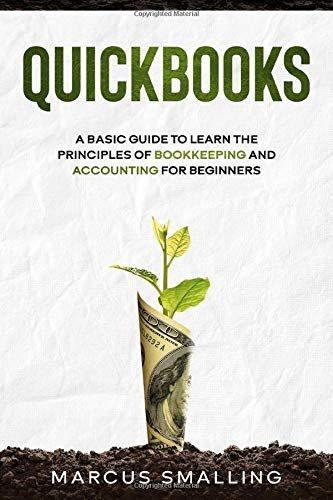Question
56. Assume a company is considering adding a new product line with the following estimated cost and revenue data: Annual sales 6,000 units Selling price
56.
Assume a company is considering adding a new product line with the following estimated cost and revenue data:
| Annual sales | 6,000 | units | |
| Selling price per unit | $ | 180 | |
| Variable manufacturing costs per unit | $ | 140 | |
| Variable selling costs per unit | $ | 15 | |
| Incremental fixed manufacturing costs | $ | 65,000 | per year |
| Incremental fixed selling costs | $ | 40,000 | per year |
| Allocated common fixed administrative costs | $ | 45,000 | per year |
If the new product line is added, the company expects that it will increase the sales of complementary products, thereby generating $30,500 in incremental contribution margin from those products. What is the financial advantage (disadvantage) of adding the new product line?
Multiple Choice
-
$75,500
-
$30,500
-
$45,000
-
$115,500
57.
Assume the following budgeted information for a merchandising company:
- Budgeted sales (all on credit) for November, December, and January are $251,000, $221,000, and $212,000, respectively.
- Cash collections of credit sales are expected to be 75% in the month of sale and 25% in the month following the sale.
- The cost of goods sold is always 70% of sales.
- Each months ending inventory equals 20% of next months cost of goods sold.
- 30% of each months merchandise purchases are paid in the current month and the remainder is paid in the following month.
- Monthly selling and administrative expenses that are paid in cash in the month incurred total $26,500.
- Monthly depreciation expense is $26,000.
The expected cash collections from customers in December are:
Multiple Choice
-
$218,750.
-
$248,750.
-
$233,060.
-
$228,500.
58.
Assume the following (1) selling price per unit = $25, (2) variable expense per unit = $13, (3) the total fixed expenses = $20,000, and (4) net operating income = $17,800. Given these four assumptions, unit sales must be:
Multiple Choice
-
3,780 units.
-
1,200 units.
-
2,378 units.
-
3,150 units.
59.
Assume that a company expects to produce 11,400, 12,400, and 14,400 units of finished goods in January, February, and March, respectively. Each unit of finished goods requires 3 pounds of raw material and each pound of raw material costs $4.50. The company always maintains an ending raw materials inventory equal to 20% of next months production needs. What is the amount of expected raw materials purchases for February?
Multiple Choice
-
$134,400
-
$172,800
-
$169,200
-
$122,520
60.
Assume that the actual amount of one of a companys variable expenses was $45,198. The companys planned level of activity was 19,000 machine-hours, and its actual level of activity was 18,325 machine-hours. The spending variance for this particular expense was $9,114 favorable. The cost formula per machine-hour for this expense is:
Multiple Choice
-
$2.96.
-
$1.94.
-
$2.90.
-
$1.98.
Step by Step Solution
There are 3 Steps involved in it
Step: 1

Get Instant Access to Expert-Tailored Solutions
See step-by-step solutions with expert insights and AI powered tools for academic success
Step: 2

Step: 3

Ace Your Homework with AI
Get the answers you need in no time with our AI-driven, step-by-step assistance
Get Started


